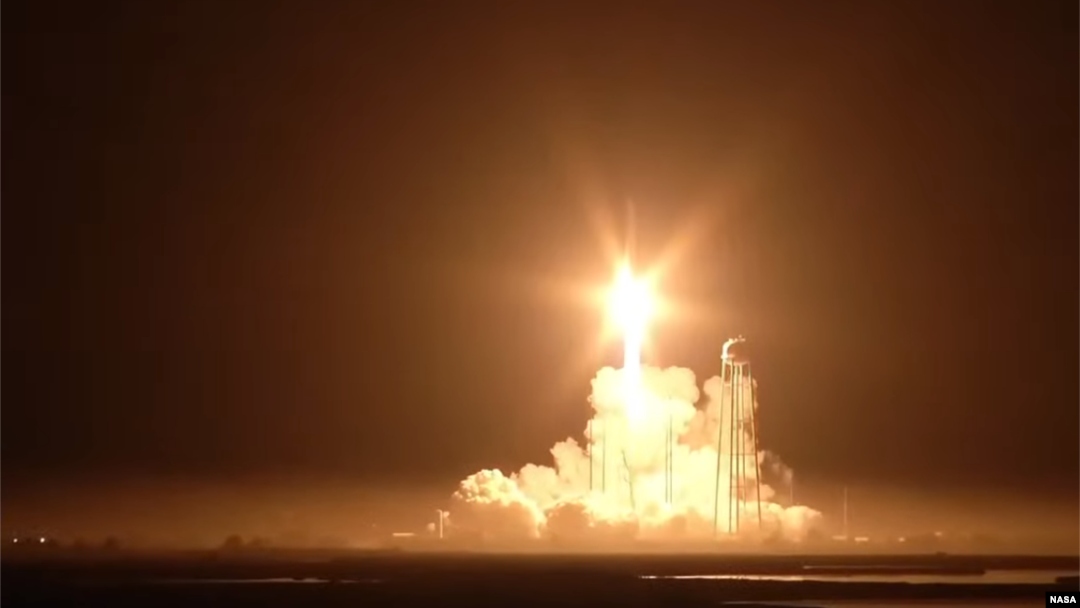A rocket carrying the tiny satellite, dubbed ZIMSAT-1, successfully launched from the U.S. state of Virginia alongside Uganda's first satellite as part of the Japan Aerospace Exploration Agency (JAXA) multi-nation project.
"History unfolding.#ZimSat1 now space bound!" Harare government spokesman Nick Mangwana wrote in a tweet. "This is a scientific milestone for the country."
The US National Aeronautics and Space Administration (NASA) tweeted Monday the rocket "will carry experiments about plant mutations and mudflow structure, as well as satellites from Japan, Uganda & Zimbabwe."
The launch of the satellite -- barely the size of a shoebox -- sparked much debate on social media with some hailing the government for the achievement while others mocked the effort.
"Launching a satellite when the economy is fragile is stupidity. Poverty has for the past 5yrs increased. You can't buy a car when your family is starving," tweeted @patriot263.
The cost of the satellite has not been divulged.
Zimbabwe's plans to launch the satellite started in 2018, less than a year after President Emmerson Mnangagwa came into office following the removal of veteran ruler Robert Mugabe through a military coup.
He created the Zimbabwean National Geospatial and Space Agency (ZINGSA) to promote research and innovation in the embattled southern African nation.
The nano-satellite was sent to the International Space Station (ISS) on the Cygnus spacecraft, aboard Northrop Grumman Antares rocket launched from the U.S. state of Virginia's Eastern Shore.


